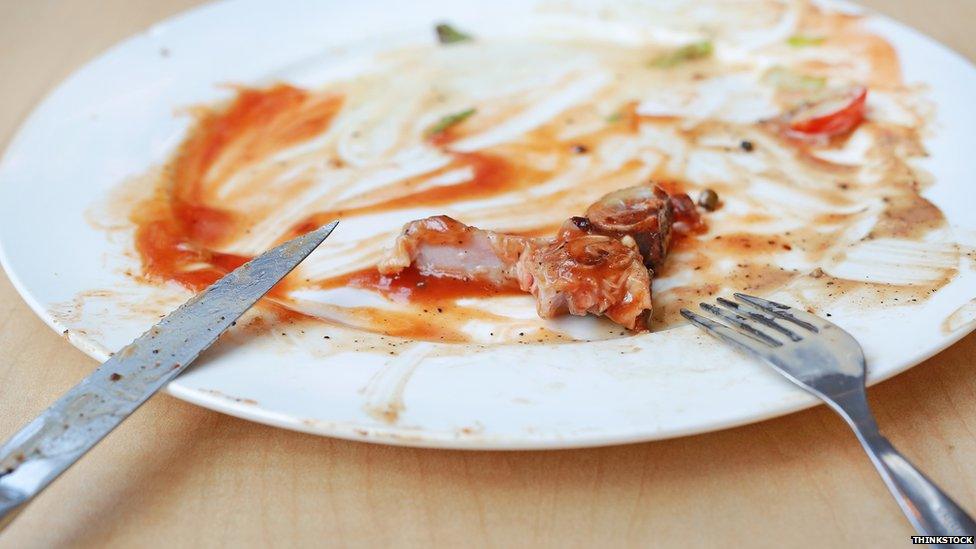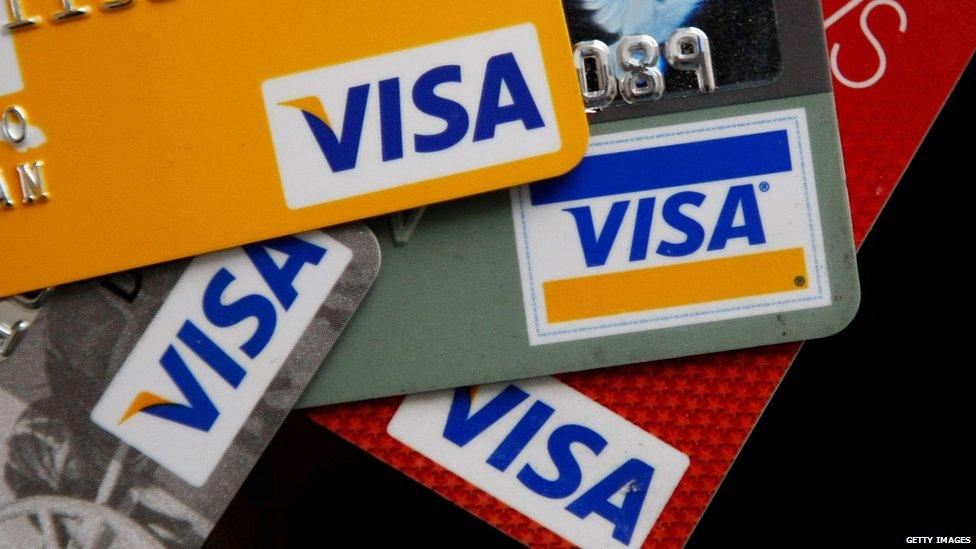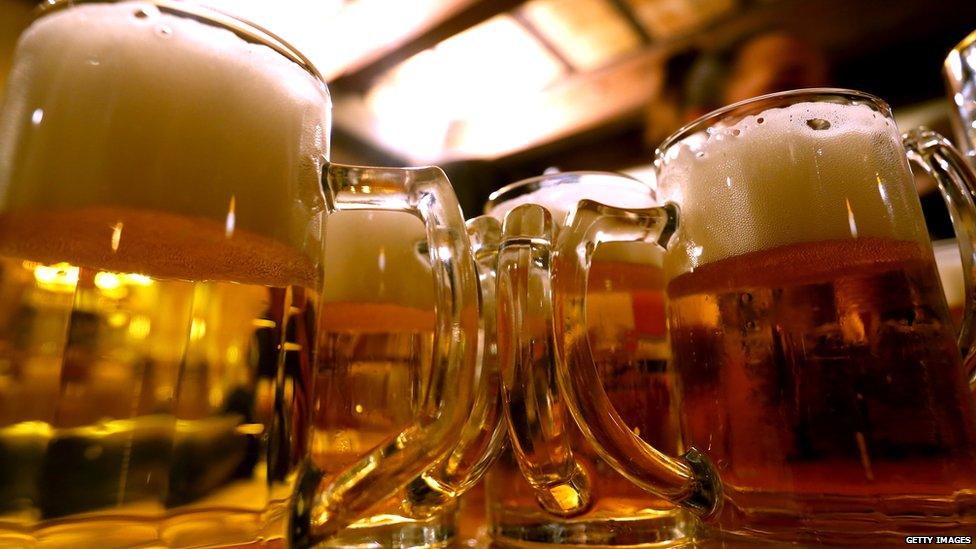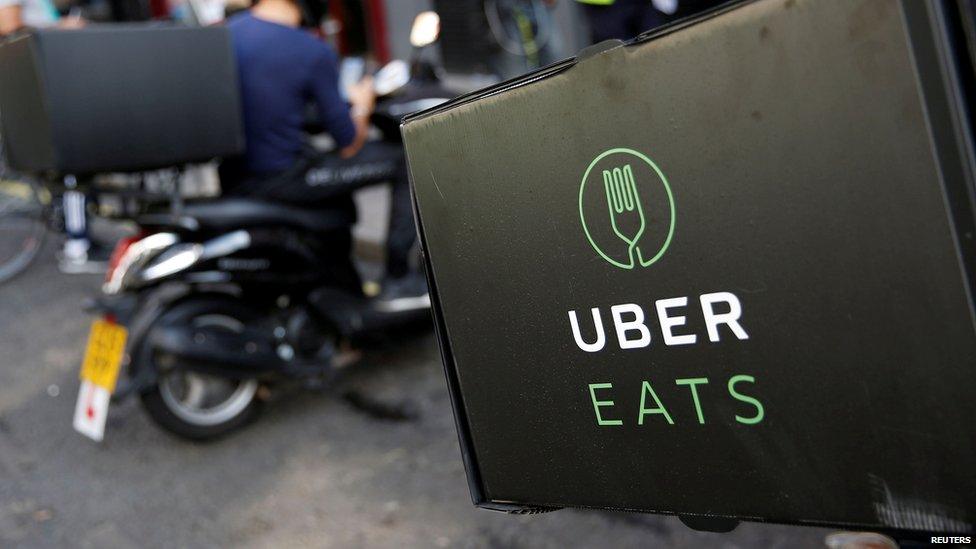Tipping: A guide to who gets what and how much
- Published

As Harrods is accused of keeping 75% of its restaurant service charge, here's everything you need to know about how tipping works in the UK.
Tipping is so often the uncomfortable end to an otherwise enjoyable evening.
A national desire to avoid confrontation and a social awkwardness around money are partly to blame.
But perhaps the biggest problem is the confusion about who gets what and what goes where.
You might expect your tip to go to your waiter, but that's not always the case.
Harrods is just the latest employer to come under fire: last December, TV chef Michel Roux Jr admitted that service charge at his Michelin-starred restaurant Le Gavroche wasn't classified as tips for staff.
So what are staff entitled to? And how much do they get? Here's all you need to know.
Service charge is not the same as a tip

That 10-15% whacked on the end of your bill isn't all it seems.
It's unlikely your waiter is going to see a penny of the service charge added to the cost of your meal. It's often added to cover things like breakages and people doing a runner.
There's no legal requirement for businesses to pass it on to their employees.
But you can refuse to pay it. In a lot of cases service charge is optional, so you can ask for it to be taken off and leave behind a little cash for your waiter instead.
Harrods says it shares out the service charge. A spokeswoman said "this manages the distribution of the service charge only".
Tipping by card isn't the same as tipping with cash

Who carries cash these days though? Using your card may be the most practical way to tip but it's not the best.
Some waiters are charged up to a 15% fee on tips they are left by credit and debit cards.
Often employers say this is because they have to pay tax on tips left this way.
Newsbeat listener Amy says that often been the case where she's worked. , external
Casinos charge even higher admin fees on tips - between 15% and 25%.
Some staff are essentially paying to work
Next time you're deliberating about whether or not to leave a tip consider this: some restaurants charge staff a percentage of their sales to cover administration fees.
Employers claim this goes towards the cost of staff food and drink, recruitment, training and team activities.
But in a review, external last year the government found evidence of waiters being forced pay the admin fee out of their own pocket when they didn't make enough to cover it in tips.
You have to pay tax on tips

Legally, employees can't just slip tips in their back pocket and be done with it.
They have to pay tax on them.
If they don't send off records of what they earned in tips, then the government will estimate what they owe instead.
Card payments are taxed too but that's the employers responsibility.
You don't have to tip your UberEats driver

Food apps have made eating in a lot easier, but their rise has also led to another tipping etiquette conundrum.
Do you tip your food delivery driver?
UberEats says there's "no need", Deliveroo says it is "appreciated and encouraged" and Just Eat doesn't make a call either way.
Find us on Instagram at BBCNewsbeat, external and follow us on Snapchat, search for bbc_newsbeat